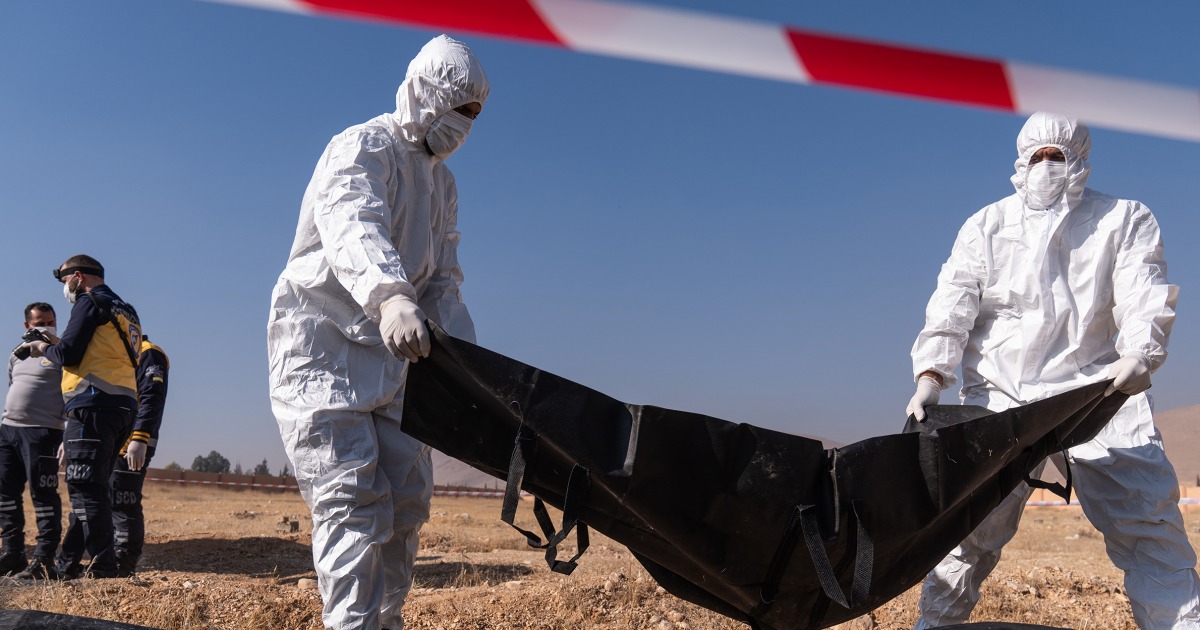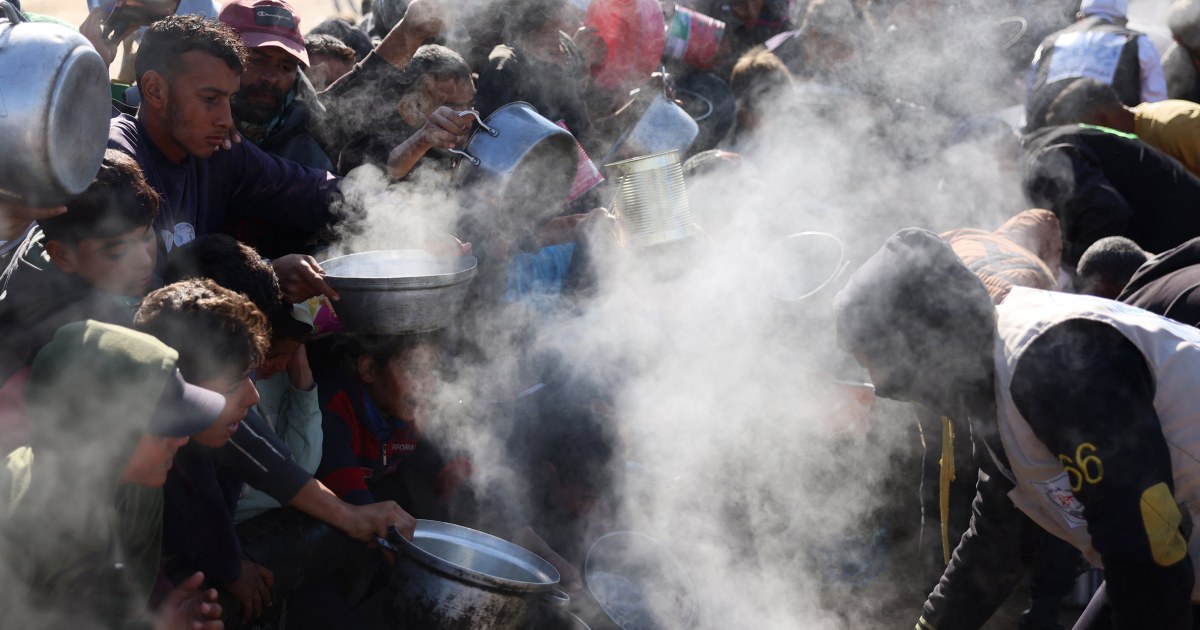World
Israel’s military investigating whether it killed Hamas leader Yahya Sinwar

Israel’s military said Thursday it may have killed Hamas leader Yahya Sinwar.
In short statement, Israel’s Defense Forces said that during operations in the Gaza Strip it had killed three Hamas militants and it was investigating whether one of them was Sinwar − a U.S.-designated terrorist who is regarded as the architect of Hamas’ Oct. 7, 2023, attacks on Israel. Few other details were released.
The Hamas attacks on Oct. 7, 2023, targeted communities in southern Israel that killed 1,200 people. A further 251 were kidnapped to Gaza. The attacks resulted in Israel launching a war in Gaza, meant to wipe out Hamas, that has killed more than 42,000 Palestinians, according to the Hamas-run Gaza Health Ministry
Israeli officials have not yet confirmed that the body is that of Sinwar’s, according to a U.S. official who spoke on condition of anonymity. They are conducting DNA tests on the body, the source said. A second U.S. official, also speaking on the condition of anonymity, said U.S. officials are awaiting confirmation that the Israelis have killed Sinwar. It appears he may have been killed in a mortar attack, the official said.
Hamas has not commented, and it is unclear what Sinwar’s death, if confirmed, would mean for the war in Gaza.
Sinwar has been Hamas’s top leader in Gaza for years and he tops Israel’s most-wanted list. He also assumed control of the group’s political bureau after Israel killed the previous leader, Ismail Haniyeh, in July.
Sinwar was born in the Khan Younis refugee camp in southern Gaza in 1962. It’s long been believed that he helped establish Hamas’ internal security service, known as Majd. Among Majd’s tasks is finding and executing alleged Palestinian collaborators with Israel.
Sinwar was arrested by Israel in the late 1980s for allegedly orchestrating the killing of two Israel soldiers and several other Palestinians he accused of being collaborators. He was sentenced to four life sentences by Israel and had spent more of his life in jail than outside it when he released in a prisoner swap in 2011 that freed Gilad Shalit, an Israeli solider held captive by Hamas for five years.








